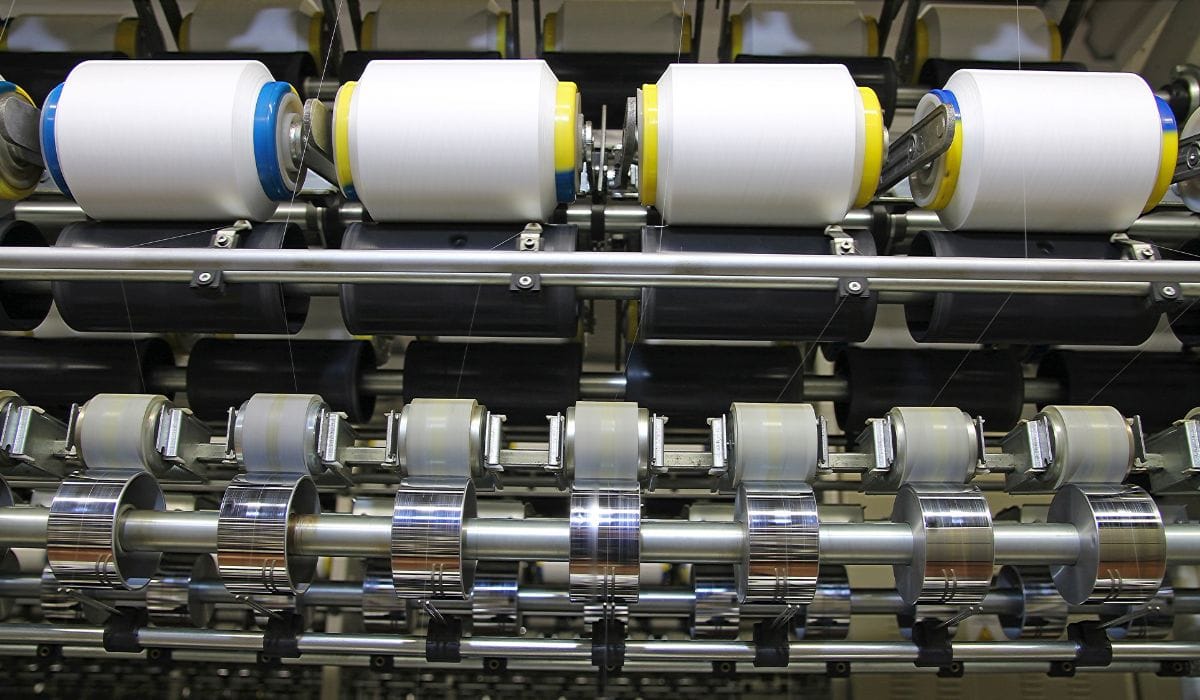Welcome to the first edition of our new weekly update on bio-based materials. Each week, we highlight 10 stories that illustrate how biomaterials are finding their way into new products, applications and processes across different industries.
In this issue, we've uncovered innovative uses of olive pits in interior design applications, the integration of bamboo into sportswear, new compostable coffee capsules, hemp-based insulation, and more.
While the articles focus on improved sustainability characteristics, they also emphasize crucial technical and performance gains from innovating with new feedstocks and material collaborations.
Using Olive Pits for Sustainable Design and Construction Materials
Learn how designers from Mylands, Naifactory, and Koukos de lab are using olive pits, a waste byproduct of olive oil production with excellent binding, texturizing, and strengthening properties, to create sustainable materials for furniture and decor in homes.

BAM Bamboo Clothing's Sustainable Sportswear Leap with FLEXA
BAM Bamboo Clothing has launched the FLEXA line, a limited collection of high-performance sports garments that combine bamboo-based fibers with Fulgar's Amni Soul Eco, a biobased polyamide 6.6 formula that biodegrades ten times faster than conventional products when disposed of correctly in a special anaerobic disposal facility.

TIPA and ATI's Compostable Coffee Capsule Lid Innovation
TIPA and ATI have collaborated to create a fully compostable high-barrier coffee capsule lid. Crafted from TIPA's high-barrier biobased laminate film, the lid provides consistent flow and improved taste along with a bio-carbon content of at least 80% certified by OK Biobased.
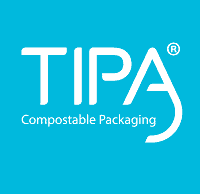
DS Smith's Shifts to a Biobased Adhesive
DS Smith, a corrugated board packaging manufacturer, has taken a significant step in sustainability by transitioning to Kiilto's biobased adhesive, Kiilto Pro Pack Eco. Adhesives in the Kiilto Pro Pack Eco range contain from 70 - 100% bio-based content (based on biomass balance method) originating from side-streams of forest industry.
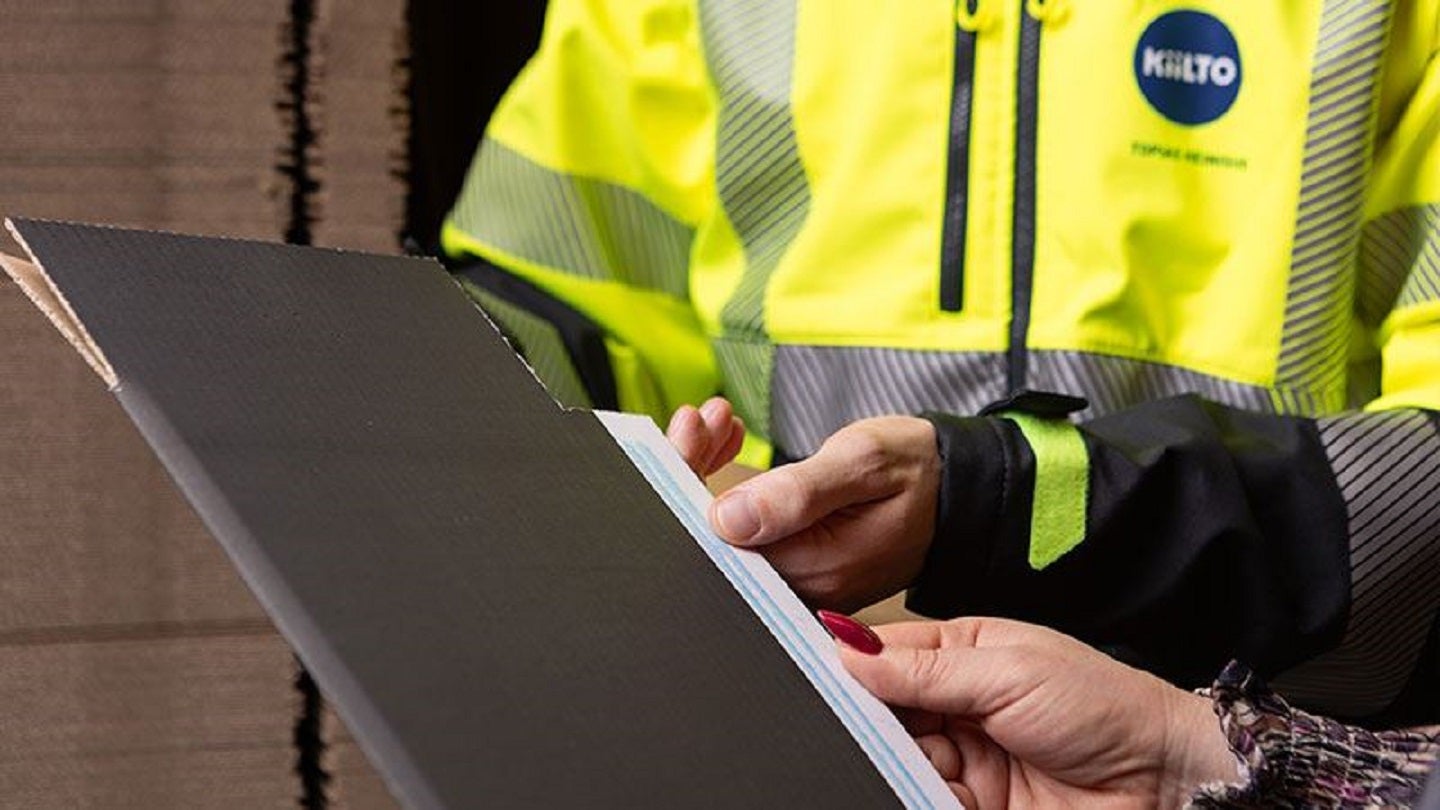
Kingspan Insulation's Hemp-Based HemKor Range
Kingspan has launched three new hemp-based insulation products, Jute Blend, Pure, and Padding, which have high levels of carbon sequestration and a minimum of 80% bio-based material. While not a direct replacement for all non-bio insulation materials, these products align with Kingspan's sustainability goals and offer a more environmentally friendly option for construction projects.
Assessing the GHG Impact of Bio-Based Products
A recent study examined the greenhouse gas (GHG) emissions of bio-based products compared to their fossil alternatives in the chemical and plastic industry. The research finds that while bio-based products can contribute to reducing GHG emissions by an average of 45%, there is significant variability in their environmental impact. To achieve net-zero emissions in the industry, a combination of mitigation options such as biomass utilization, increased recycling, low carbon electrification, and reduced product demand will be necessary.
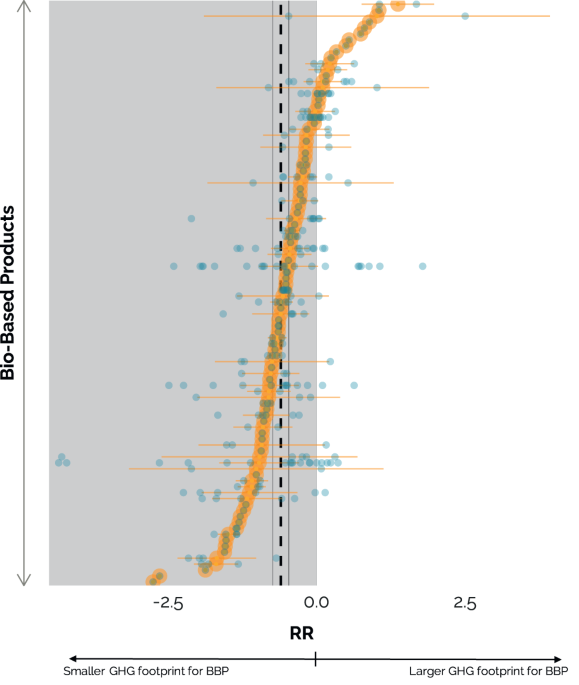
Biobased Nursing Bottles?
LyondellBasell and Pigeon Singapore have collaborated to integrate biobased CirculenRenew polypropylene polymers into the manufacturing of Pigeon nursing bottles, promoting sustainability and eco-friendly alternatives in baby care products.

Ag Bio Act Could Boost Midwest Bioproduct Production
A federal bill proposed by Midwestern representatives aims to increase funding for innovation in the biofuels and bioproducts industry, supporting the development of bioengineered products and crop-based alternatives to petroleum-based products.
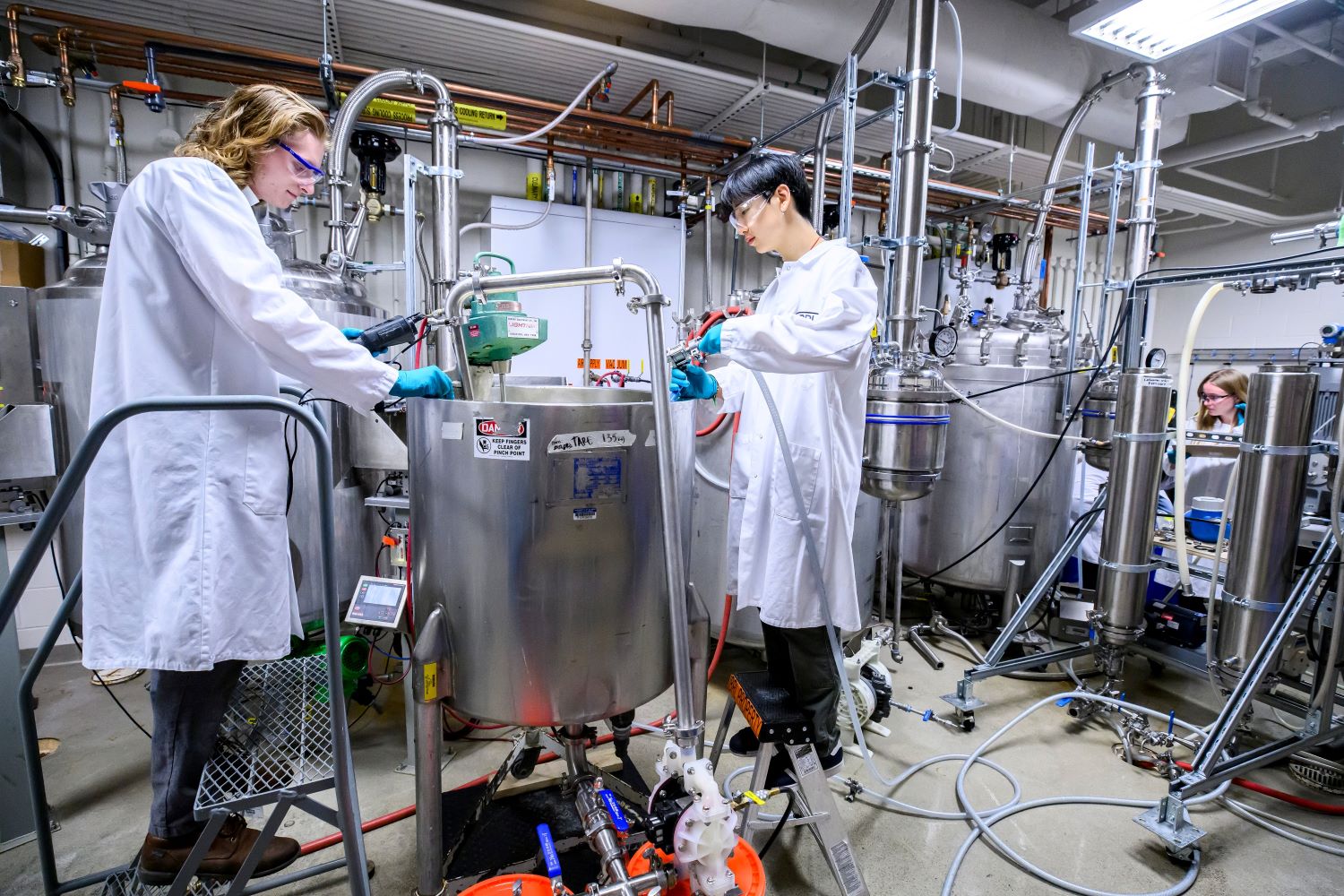
Yoshida and Toray Collaborate on Biobased Tanker Bags
Tokyo-based Toray Industries and Yoshida are collaborating to create Tanker bags made from Ecodear N510, a 100% plant-based nylon fiber, with the outer fabric incorporating sebacic acid from castor oil and pentamethylenediamine from corn.
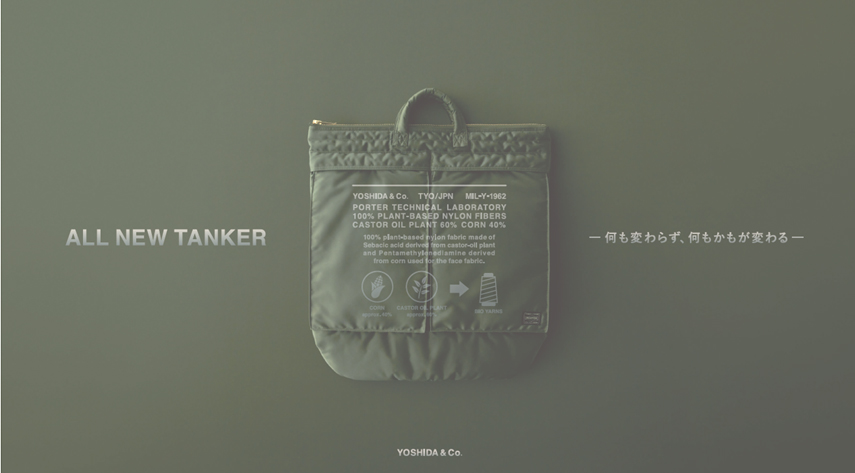
Biobased Polyamides: Bridging Sustainabiltiy and Performance
Speaking of plant-based nylon fiber, we recently published a guide to Biobased Polyamides, including a list of 10 sustainable alternatives to traditional fossil-based nylon materials offering excellent mechanical, thermal, and water absorption properties.
